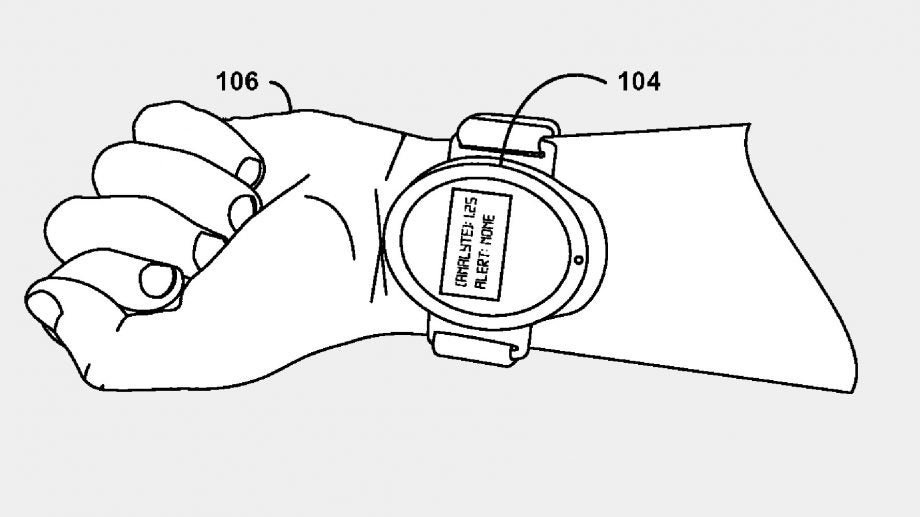Google patents blood-sucking wearable

Google has filed a patent application for a needle-free blood draw system.
It might be the last thing you’d expect to see from the home of Android, Chrome, and the cutest self-driving car prototype around. But yes, it seems Google is out for blood.
The pending blood-draw patent application describes a system that uses pressurised gas to fire a micro-particle into a person’s skin. This produces a “micro-emergence of blood,” which is then drawn up by the system’s negative pressure barrel.
“Such an application might be used to draw a small amount of blood, for example, for a glucose test,” explains Google. It’s also clearly designed to be used frequently. The potential benefits to those suffering from diabetes are clear.
Indeed, Google Life Sciences, which is now an independent subsidiary of Alphabet Inc, is already known to be working on a couple of things aimed at diabetes sufferers. This includes a set of smart contact lenses that can constantly measure glucose levels in the wearer.
Related: What is Google X?
Interestingly, Google’s application claims that the mechanism could be incorporated into a hand-held device or a wearable. The wearable concept is pictured above.
Of course, just because Google has launched a patent application, doesn’t mean it’s actively working towards a final product. When quizzed by The Verge, it issued the following response:
“We hold patents on a variety of ideas — some of those ideas later mature into real products or services, some don’t. Prospective product announcements should not necessarily be inferred from our patents.”
Next, take a look at our smartphone buyers guide video:


